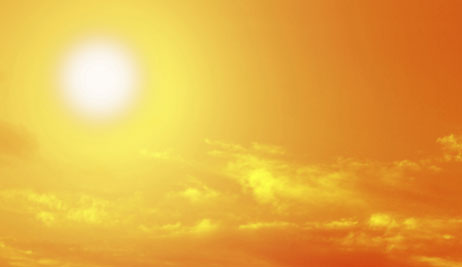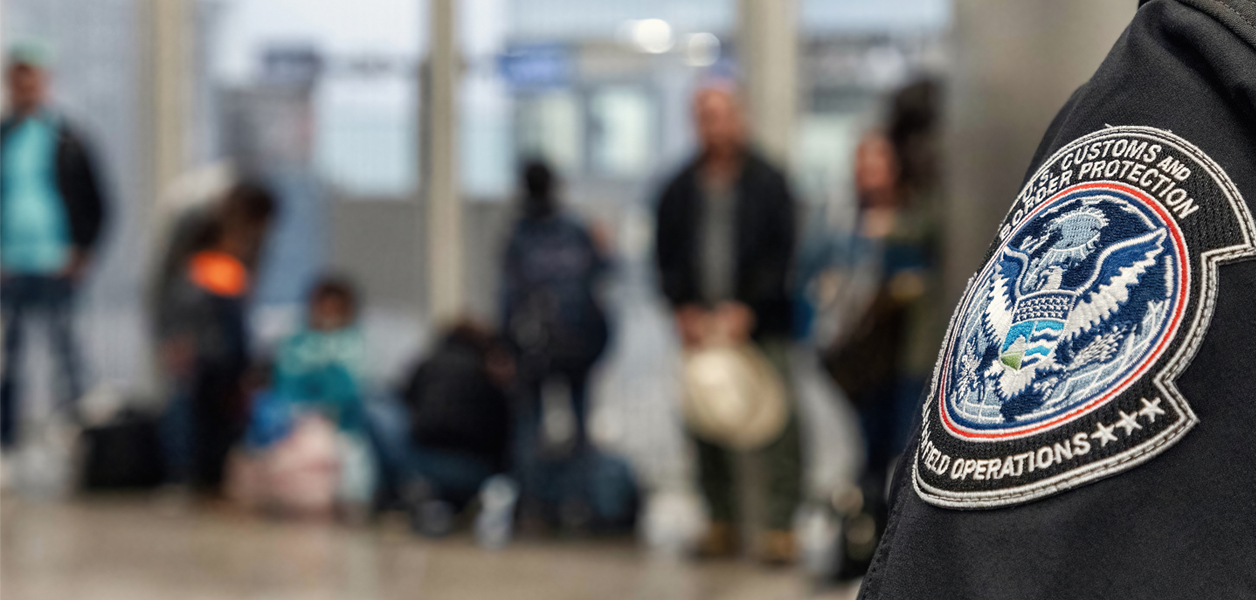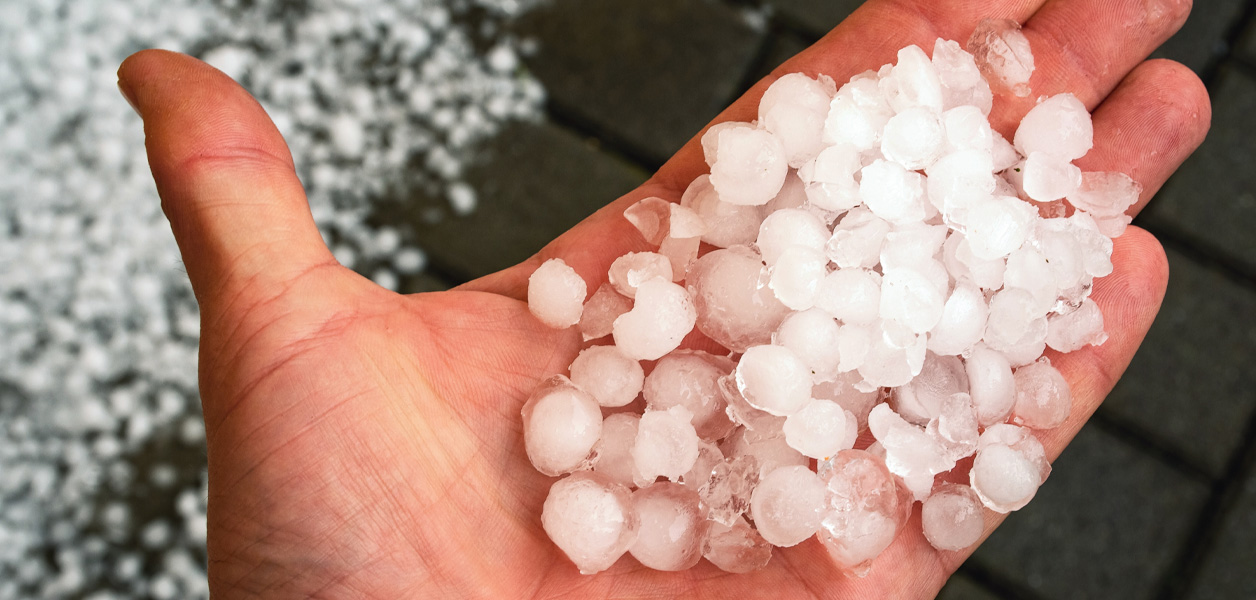Rep. Judy Chu (D-Calif.) introduced a bill that would direct the Occupational Safety and Health Administration to create a standard for heat-related injuries and illnesses, according to www.constructiondive.com. H.R. 3668 was introduced July 10 and has been referred to the House Committee on Education and Labor.
If passed, the Asuncion Valdivia Heat Illness and Fatality Prevention Act of 2019—named after a California farmworker who died of heatstroke in 2004 after picking grapes for 10 hours in 105-degree temperatures—would require employers to develop heat prevention plans. The OSHA federal standard would have to provide at least as much protection as the most protective OSHA-approved state plan; establish heat exposure limits and employer monitoring requirements; consider National Institute for Occupational Safety and Health criteria; and mandate other measures to keep workers safe from heat-related injuries and illnesses.
In the text of the bill, Chu wrote the decreased mental and physical capacities of workers exposed to excessive heat increases the risk of accidents, driving up employers’ workers’ compensation costs and medical expenses. In addition, the associated reduction in productivity decreases income for employers and workers.
OSHA currently offers guidance to employers regarding how to keep employees safe in extreme heat, including providing workers with adequate water, rest and shade; allowing new workers to acclimatize and build up a tolerance to high temperatures; planning for emergencies; training workers regarding heat illness and injuries; and monitoring workers for signs of heat-related illness.
Chu’s bill states that multiple branches of the military, as well as California, Washington and Minnesota, have developed heat standards in absence of a federal one. For example, California’s standard requires employers to provide shade; supply enough water so each person can drink one quart per hour; and encourage workers to take five-minute breaks.
According to the National Weather Service, excessive heat kills more people in the U.S. than tornadoes, hurricanes, floods and lightning combined.





